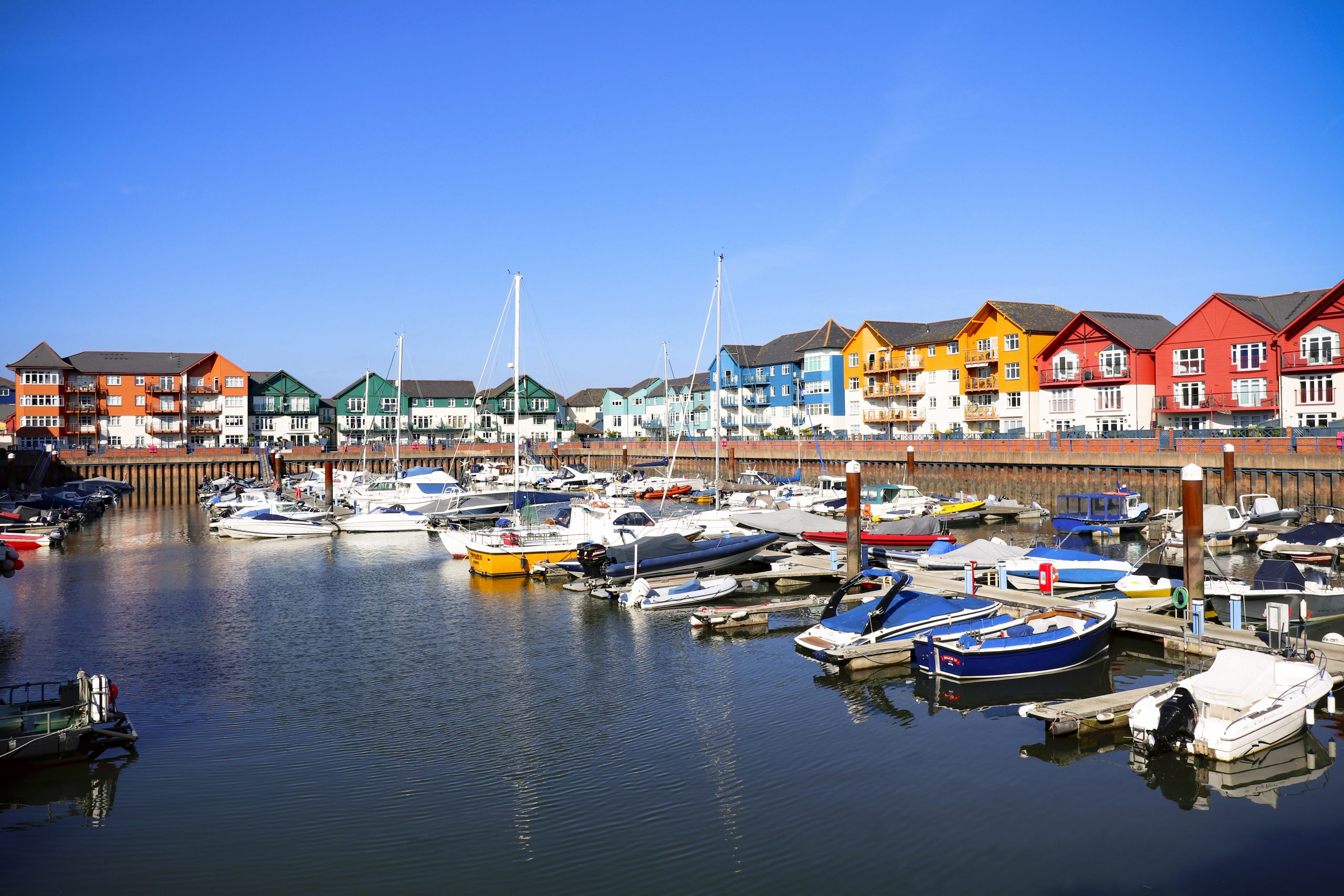The Cobb – Discovering the origins and links to Jane Austen
Holidaying in Dorset is one of the best decisions you can make. From the scenery which inspired countless generations...

The diverse beauty, dramatic landscapes and delightfully charming people of Dorset have always attracted and created great artists. From natives like Thomas Hardy with his legendary novels and William Barnes with his astonishing poetic records of the 19th century to those who were inspired by their trips here like Enid Blyton, Beatrix Potter and more, Dorset has been a source of inspiration for centuries.
At Lyme Bay holidays though, we’ve got a special interest in Lyme Regis, as it’s where we host many of our guests in our stunning coastal cottages.
A beautiful and historic seaside town, Lyme Regis has enjoyed holiday visits from some of the most important literary and artistic figures in British history, but few as influential as Jane Austen. But what is the Jane Austen connection in Lyme Regis? Read on.
Jane’s Holiday
At the beginning of the 19th century, Lyme Regis had become a highly fashionable resort for British holidaymakers to visit during the summer. Thousands would flock to the town every year to enjoy the sounds, sights and flavours of one of Britain’s most important seaside towns.
One such holidaymaker was a youthful Jane Austen who visited with her family in both 1803 and 1804, finding the area to be of the highest charm. Indeed, she even chose to remain in Lyme Regis when her sister left to see Weymouth in September.
At the time, Austen wrote a letter to Cassandra describing what she had seen and done in the town, which included walking along the Cobb, dancing in the Assembly Rooms, making use of a bathing machine and even quarrelling with her landlord over the price of a jug she had accidentally broken!
She was so taken with the area that it would play a starring role in her last, great novel: persuasion.
Lyme Regis: Star of Persuasion
Although Jane never typically set her novels in real places, she made an exception for Lyme Regis and set her dramatic denouement at the Cobb sea wall where (spoilers!) Louisa Musgrove falls and cracks her head on the rocks of the seawall.
Chapter 12 of Persuasion features the passage “There was too much wind to make the high part of the new Cobb pleasant for the ladies, and they agreed to get down the steps to the lower, and all were contented to pass quietly and carefully down the steep flight, excepting Louisa; she must be jumped down them by Captain Wentworth. In all their walks, he had had to jump her from the stiles; the sensation was delightful to her.
The hardness of the pavement for her feet, made him less willing upon the present occasion; he did it, however. She was safely down, and instantly, to show her enjoyment, ran up the steps to be jumped down again. He advised her against it, thought the jar too great; but no, he reasoned and talked in vain, she smiled and said, “I am determined I will:” he put out his hands; she was too precipitate by half a second, she fell on the pavement on the Lower Cobb, and was taken up lifeless!”
Such drama transformed the Cobb into a nationwide tourist destination. Indeed, when Lord Tennyson visited he made his way straight to the Cobb, demanding to see where Louisa fell!
Today, both the Cobb and Lyme Regis celebrate their links to Austen’s oeuvre with regular tours of her travels through the area and a number of unique artefacts in Lyme Regis Museum which link both Austen and the town.